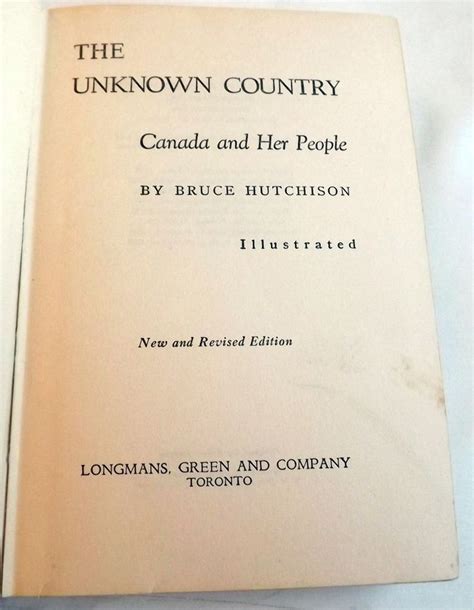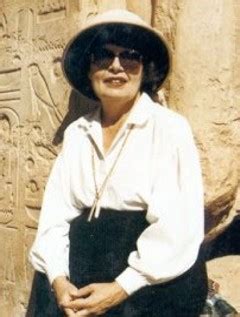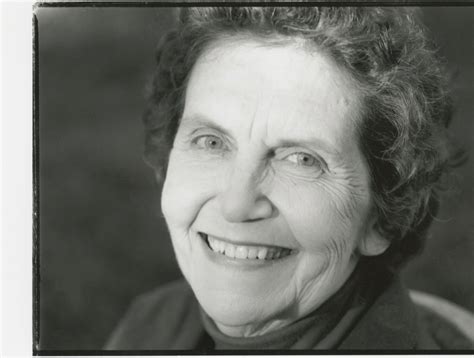A Quote by Bruce Hutchison
Our sons, who so easily recognize our errors, and rightly denounce them, will have to confess their own, later on, and they may be as bad as ours, perhaps worse.
Related Quotes
… our sons must become men – such men as we hope our daughters, born and unborn, will be pleased to live among. Our sons will not grow into women. Their way is more difficult than that of our daughters, for they must move away from us, without us. Hopefully ours have what they have learned from us, and a howness to forge into their own image.
However small we are, we should always fight for what we believe to be right. And I don’t mean fight with the power of our fists or the power of our swords…I mean the power of our brains and our thoughts and our dreams. And as small and quiet and unimportant as our fighting may look, perhaps we might all work together…and break out of the prisons of our own making. Perhaps we might be able to keep this fierce and beautiful world of ours as free for all of us as it seemed to be on that blue afternoon of my childhood.
Everything has happened before - not once, but over and over again. We may not be able to solve our problems through what are pompously called "the lessons of history," but at least we should be able to recognize the issues and perhaps avoid some of the solutions that have failed in the past. And we can take heart in our own dilemma by realizing that other people in other times have survived worse.
To use books rightly, is to go to them for help; to appeal to them when our own knowledge and power fail; to be led by them into wider sight and purer conception than our own, and to receive from them the united sentence of the judges and councils of all time, against our solitary and unstable opinions.
Nothing can tell us so much about the general lawlessness of humanity as a perfect acquaintance with our own immoderate behavior. If we would think over our own impulses, we would recognize in our own souls the guiding principle of all vices which we reproach in other people; and if it is not in our very actions, it will be present at least in our impulses. There is no malice that self-love will not offer to our spirits so that we may exploit any occasion, and there are few people virtuous enough not to be tempted.
I dread our own power, and our own ambition; I dread our being too much dreaded... We may say that we shall not abuse this astonishing, and hitherto unheard-of-power. But every other nation will think we shall abuse it. It is impossible but that, sooner or later, this state of things must produce a combination against us which may end in our ruin.
Contemporary poets are skeptical and suspicious even, or perhaps especially, about themselves. They publicly confess to being poets only reluctantly, as if they were a little ashamed of it. But in our clamorous times it's much easier to acknowledge your faults, at least if they're attractively packaged, than to recognize your own merits, since these are hidden deeper and you never quite believe in them yourself.
What is life? Thoughts and feelings arise, with or without our will, and we employ words to express them. We are born, and our birth is unremembered and our infancy remembered but in fragments. We live on, and in living we lose the apprehension of life. How vain is it to think that words can penetrate the mystery of our being. Rightly used they may make evident our ignorance of ourselves, and this is much.
We will not have great questions decided by irrelevant agencies, Our husbands will not come to us, reeking with carnage, for caresses and applause. Our sons shall not be taken from us to unlearn All that we have been able to teach them of charity, mercy, and patience. We, the women of one country, will be too tender of those of another country To allow our sons to be trained to injure theirs.



































